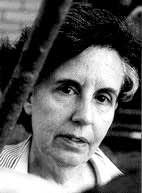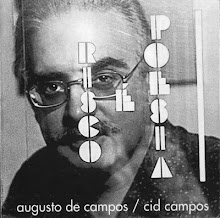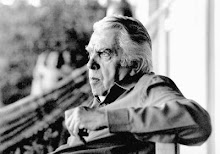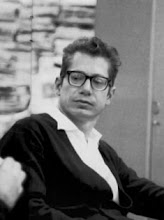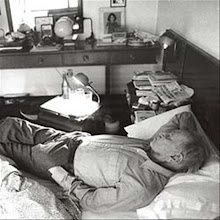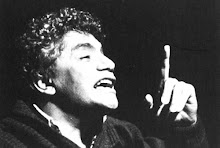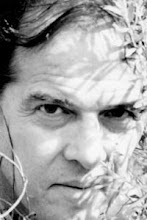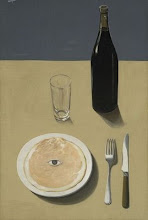New modes of realization are needed. Such new modes can be indicated only in negative terms because they would amount to the negation of the prevailing modes. Thus economic freedom would mean freedom from the economy - from being controlled by economic forces and relationships; freedom from the daily struggle for existence, from earning a living. Political freedom would mean liberation of the individuals from politics over which they have no effective control. Similarly, intellectual freedom would mean the restoration of individual thought now absorbed by mass communication and indoctrination, abolition of "public opinion" together with its makers. The unrealistic sound of these propositions is indicative, not of their utopian character, but of the strength of the forces which prevent their realization. The most effective and enduring form of warfare against liberation is the implanting of material and intellectual needs that perpetuate obsolete forms of the struggle for existence.
Products of a society whose dominant interest demands repression.
Human needs are historical needs and, to the extent to which the society demands the repressive development of the individual, his needs themselves and their claim for satisfaction are subject to overriding critical standards.
We may distinguish both true and false needs. "False" are those which are superimposed upon the individual by particular social interests in his repression: the needs which perpetuate toil, aggressiveness, misery, and injustice. Most of the prevailing needs to relax, to have fun, to behave and consume in accordance with the advertisements, to love and hate what others love and hate, belong to this category of false needs.
The prevalence of repressive needs is an accomplished fact, accepted in ignorance and defeat, but a fact that must be undone in the interest of the happy individual as well as all those whose misery is the price of his satisfaction.
For any consciousness and conscience, for any experience which does not accept the prevailing societal interest as the supreme law of thought and behavior, the established universe of needs and satisfactions is a fact to be questioned-questioned in terms of truth and falsehood. These terms are historical throughout, and their objectivity is historical. The judgment of needs and their satisfaction, under the given conditions, involves standards of priority - standards which refer to the optimal development of the individual, of all individuals, under the optimal utilization of the material and intellectual resources available to man. The resources are calculable. "Truth" and "falsehood" of needs designate objective conditions to the extent to which the universal satisfaction of vital needs and, beyond it, the progressive alleviation of toil and poverty, are universally valid standards. But as historical standards, they do not only vary according to area and stage of development, they also can be defined only in (greater or lesser) contradiction to the prevailing ones. What tribunal can possibly claim the authority of decision?
Herbert Marcuse
1898 - 1979


![[...]](https://blogger.googleusercontent.com/img/b/R29vZ2xl/AVvXsEjeNC2Kyxd34r2LuofHe9-vdXHeHwG3_2NhVmIOTlK2moU0Q4R7taMlS8iMmQgEl1-NdaRsPrLdREzfQZYKfUgjslwLZUZe67dAfFBREu-YRx6WGX-vAUt5eJT4_-lFwT4dGzGCQQ/s220/11798115_858304687558226_1857652538_n.jpg)








